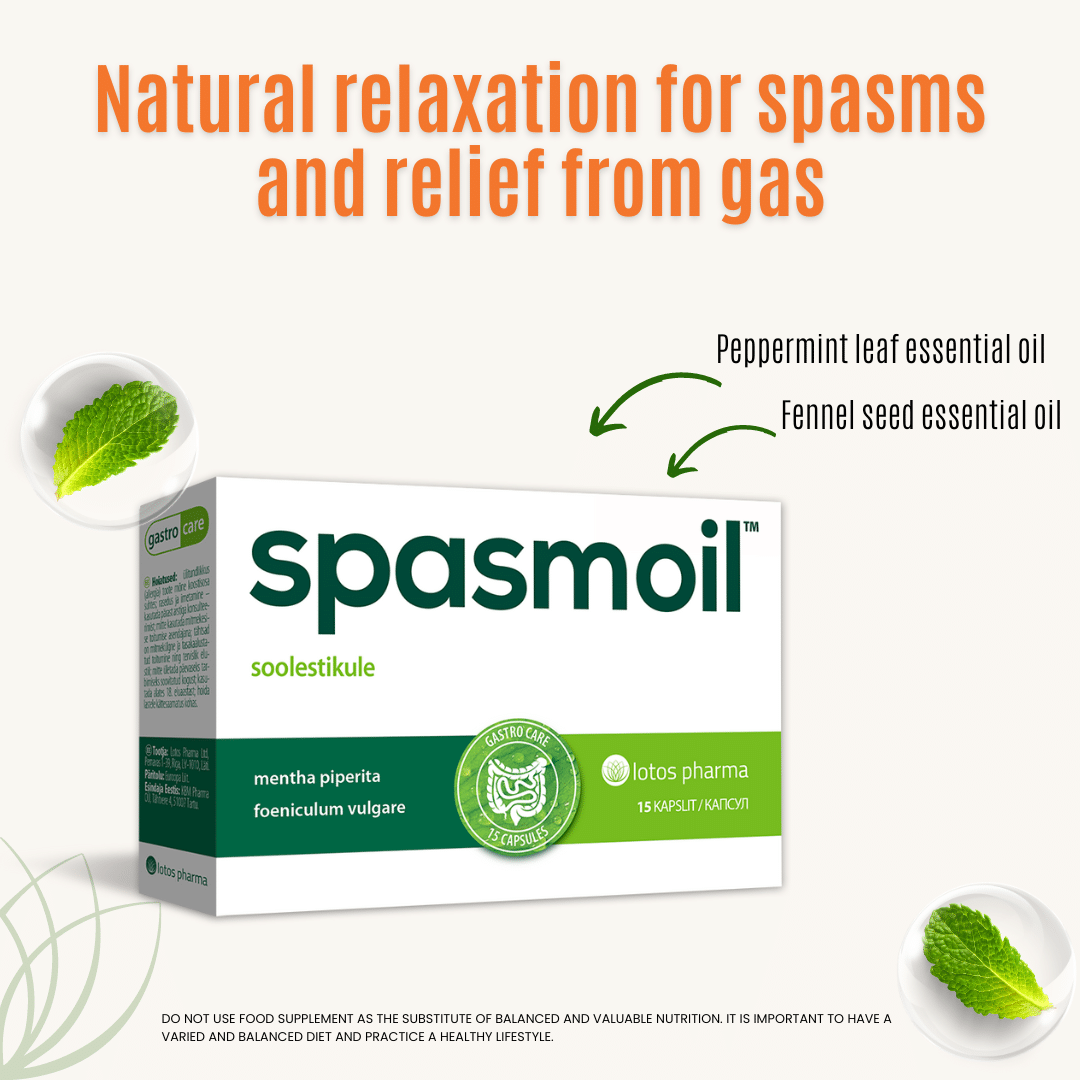Help – “the popcorn” is coming again! What foods cause flatulence?
We all know what a bloated stomach means – at best, it’s just a few innocent burps, but at other times it’s discomfort, pain and a long-lasting release of suffocating “pigeons” that bothers those around you and yourself. That’s why it’s important to know which products cause your stomach to bloat more and why it happens.
Beans and legumes
Many people get bloated after eating beans, peas and other legumes. This happens because these products contain sugar – raffinose, which the body cannot digest, as well as a lot of fiber. Since people in Estonia eat relatively little food rich in fiber, the digestive system is not used to dealing with them quickly. On the other hand, raffinose is not absorbed in the small intestine, so it goes to the large intestine, where bacteria try to deal with it, and as a result, the fermentation process starts and gases are formed.
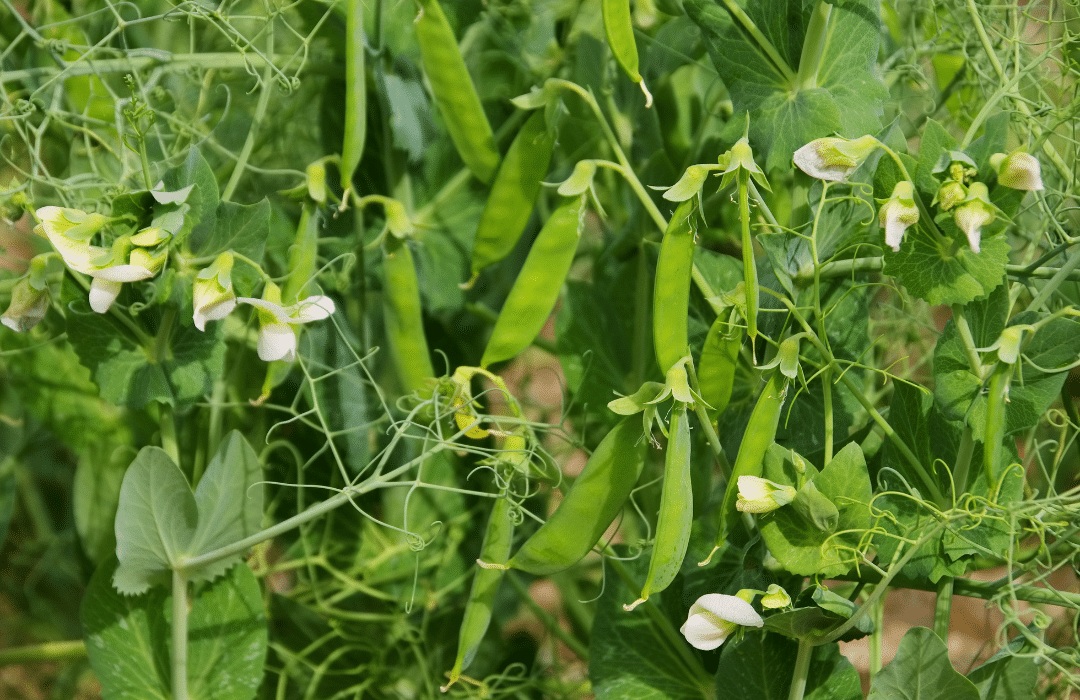
Cruciferous vegetables
Like legumes, most cruciferous plants, such as all cruciferous vegetables, have a lot of raffinose and fiber, which the intestinal microflora can deal with as they know how. It should be remembered that people who are not used to eating asparagus should be especially careful after eating it, because the gases have a very unpleasant aroma.
Flour products
Flour products contain not only fibers and sugars, but also gluten or gluten, to which some people are particularly sensitive, so they may experience increased bloating and gas formation. If the formation of gases is regular, it is imperative to check for gluten intolerance, because this reaction of the body is also due to the fact that a person has celiac disease – a serious autoimmune disease.
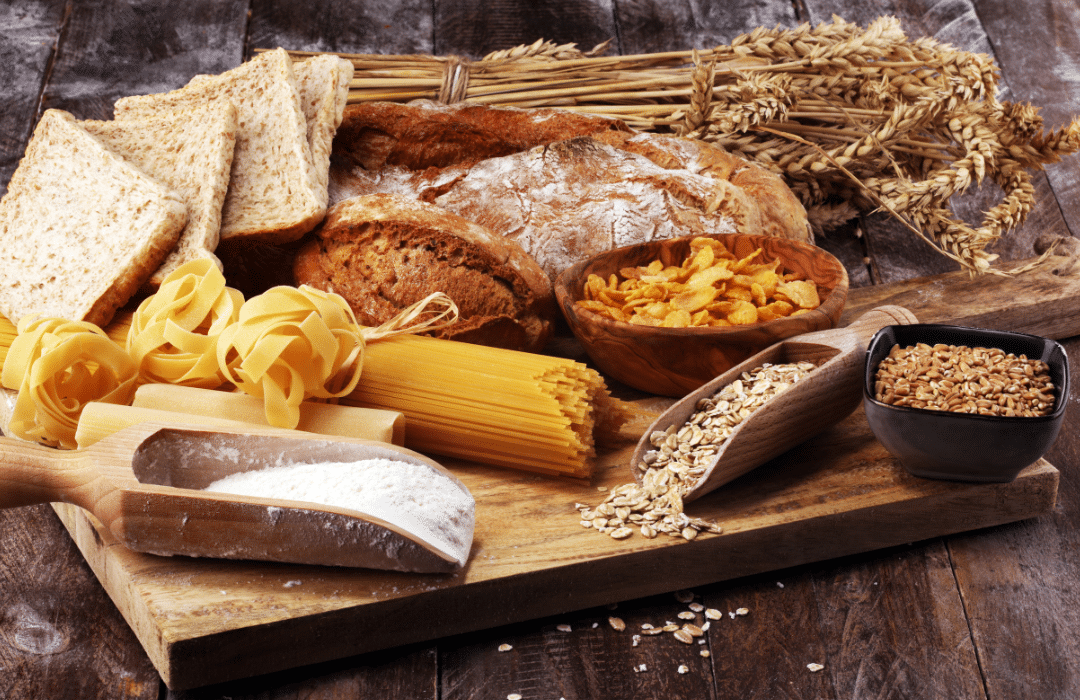
Onions
Onions are another common food that can cause gas because they contain a sugar called fructan, which is difficult for the small intestine to absorb. When this sugar enters the colon, it comes into contact with gut bacteria and ferments, producing gas.
Milk
Milk is an excellent source of protein and calcium, but if the body produces very little of the enzyme lactase, it cannot break down the milk sugar lactose. As a result, when milk enters the body, it is not absorbed, but goes to the intestines, where bacteria feed on it – it creates gases that must be removed from the body.
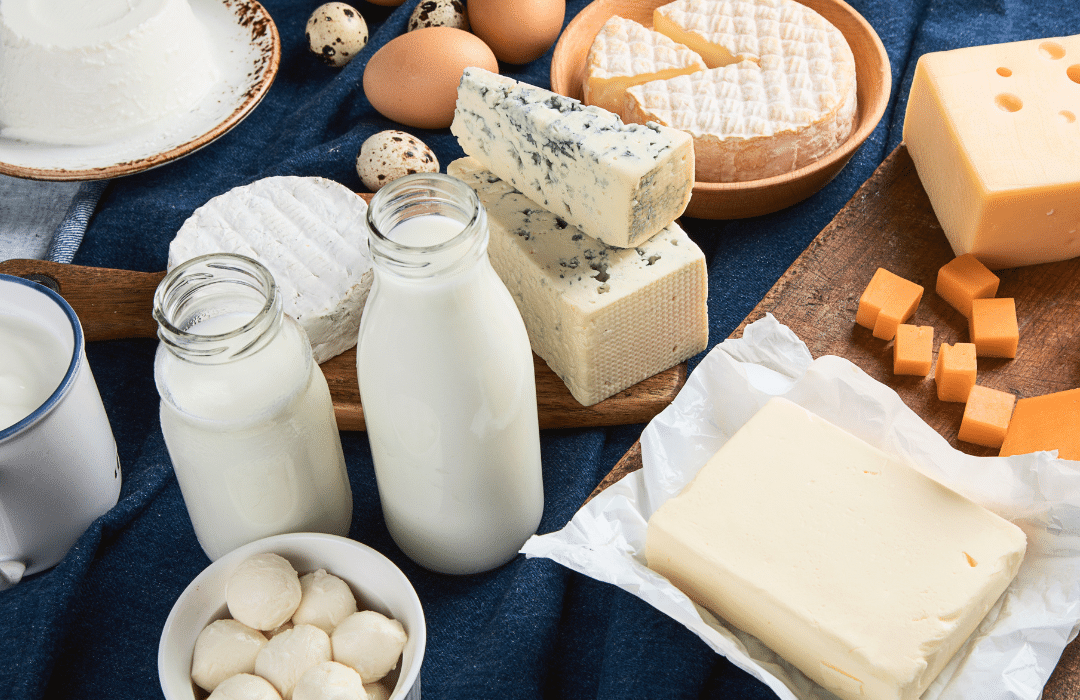
Sugar alcohols
Sugar alcohols are low-calorie sweeteners and some of them, such as erythritol and sorbitol, occur naturally in fruits. Today, they are available on store shelves as a healthier alternative to sugar. Sugar alcohols enter the large intestine undigested, so the bacteria that live in it do their job and begin to break them down and the stomach swells.
Sweet, carbonated and fermented drinks
Carbonated drinks and juices contain a lot of different sugars and most of them are broken down by bacteria only in the colon, which also contributes to gas formation. Beer, on the other hand, is a fermented drink that promotes the fermentation process after entering the intestines. When drinking a carbonated drink, the gas in the drink also enters the stomach and contributes to bloating.
Fatty foods
Fatty foods slow down digestion because it has to work very hard to digest and process that food. Therefore, after eating such food, the stomach tends not only to swell, but the air seems to get stuck in the intestines, causing pain and a very unpleasant feeling that does not go away for a long time.
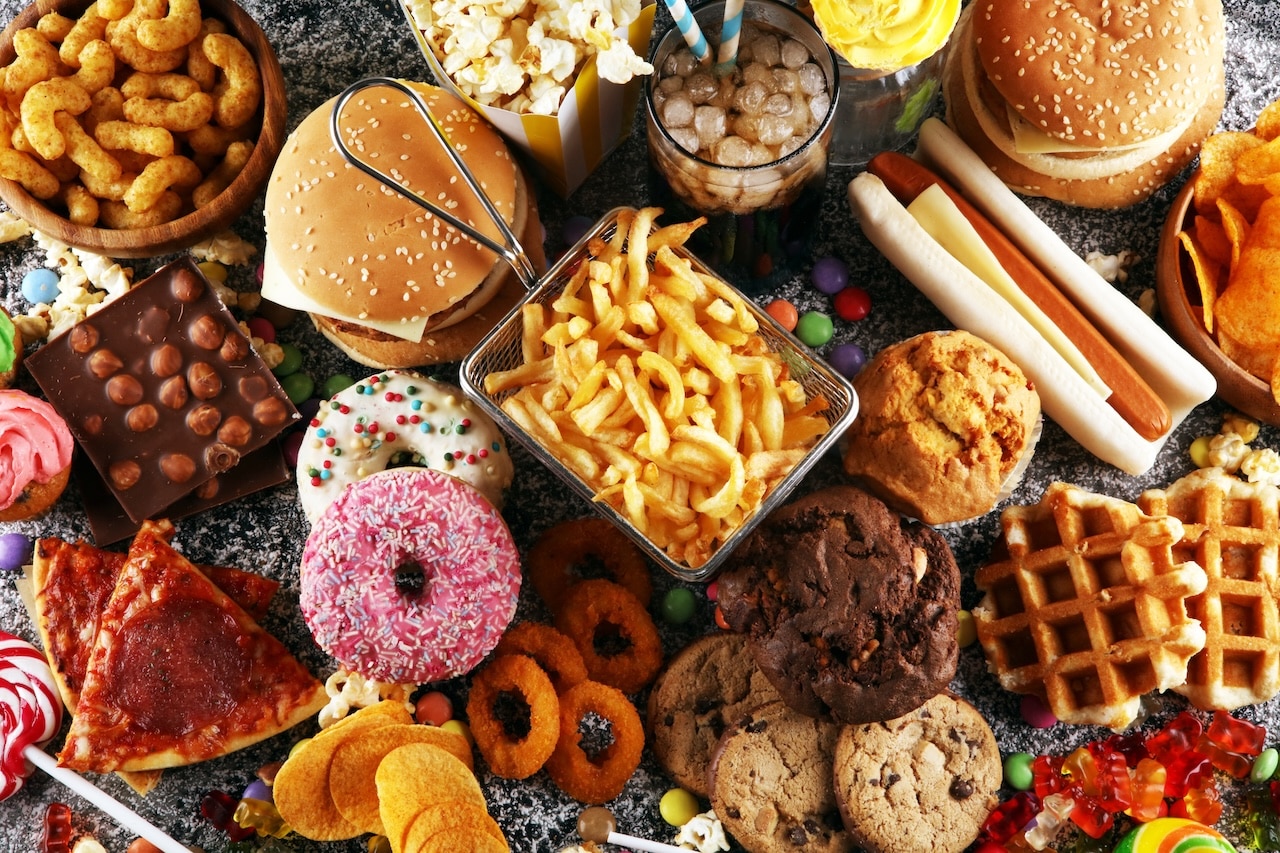
Chewing gum and caramels
When you chew and suck, you can swallow a lot of air, which enters the stomach and accumulates there. It is easiest to get it out by belching, but it also happens that the air moves away through the intestines. Another reason why chewing gum and candy can cause bloating is that they contain sugar, which promotes flatulence.
What will help with flatulence?
* A physically active lifestyle and exercise help to expel air from the intestines faster, thus reducing unpleasant sensations.
* If your stomach is bloated, you should take the dietary supplement “Spasmoil“, because the fennel essential oil and mint contained in it reduce flatulence. Fennel also helps improve digestion, while peppermint relieves spasms and flatulence.
* The stomach will bloat less if the mouth is closed while chewing, because then less air will enter the stomach with the food.
* You should try to swallow only well-chewed food, because then it will be easier for the digestive system to break it down and less fermentation and acidification processes will occur in the intestines, which contribute to gas formation.










